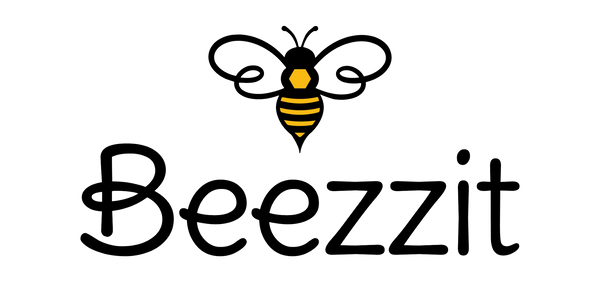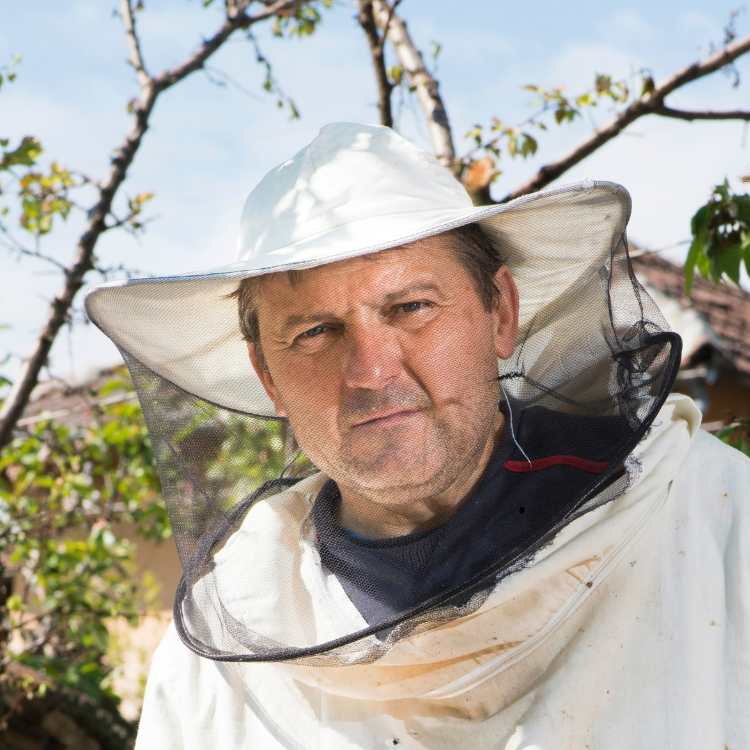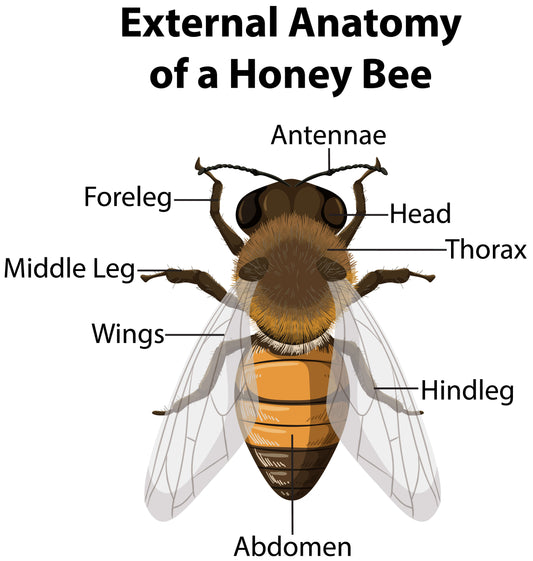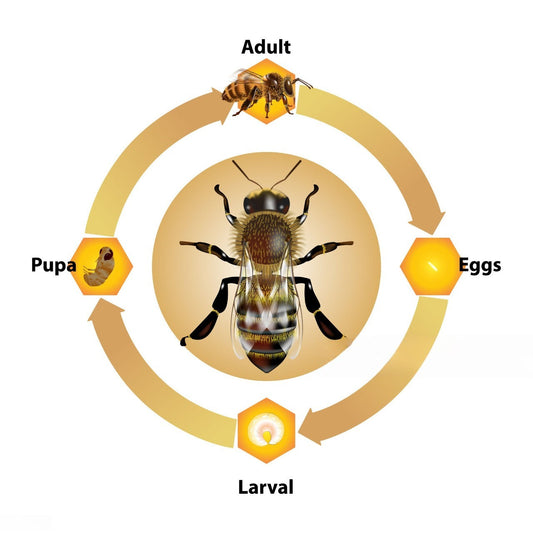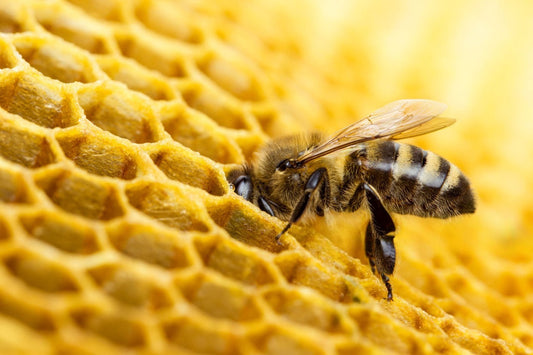Selecting clove honey or wildflower honey is not only about selecting a sweet spread for your bread. These two sorts of honey provide different tastes, textures, and advantages which make them exceptional. We will learn what makes clove honey unique and how it distinguishes from the wildflower type.
Understanding the Origins
Clove honey is only made by bees that gather nectar from clove plants, thus producing a pure and single-source type of honey. This differs from wildflower honey, which comes from different types of flowers the bees visit. Clove honey keeps similar traits for each production batch. Therefore, you can always anticipate its taste and qualities to remain constant.
Flavor Profiles
Clove honey has a distinct flavor, combining warm spice and robust sweetness. It's like the difference between when you drink only apple juice and mixed fruit punch - this is how clove honey can be compared to wildflower honey. Wildflower honey gives an intricate mix of floral tastes that change with season and location, but clove honey provides a unique taste that stays the same throughout the year.
Color and Texture
Honey from cloves usually shows a darker amber color than the changing golden shades of wildflower honey. Clove honey has a generally thicker and creamier texture, good for spreading. Wildflower honey often contains a more liquid nature, but both types may crystalize as time passes.
Medicinal Properties
Clove honey is valued in traditional medicine for possible health benefits. Both types possess properties against bacteria, but clove honey may be better because of the antimicrobial compounds from the plant of cloves naturally. This attracts people looking for natural treatments more towards it.

Medicinal properties of clover honey
Seasonal Availability
Unlike wildflower honey, which changes with seasonal blooms, clove honey production depends on specific clove flowering periods. This limited harvesting window often makes clove honey more precious and sometimes harder to find than its wildflower counterpart. Dedicated beekeepers must carefully time their hive placement to capture pure clove honey during these brief flowering periods.
Price Points
The specialized nature of clove honey typically commands a higher price than wildflower honey. This price difference reflects the careful timing and specific conditions needed to produce pure clove honey. While wildflower honey offers excellent value, many honey enthusiasts believe the unique properties of clove honey justify its premium cost.
Usage in Cooking
Different types are suitable for diverse culinary uses. Wildflower honey acts as a good general sweetener, while the clove honey gives recipes an added warmth. You should try using clove honey in spiced teas or marinades, or you can pour it over robust cheeses to make its exclusive taste more noticeable.

Adding honey while cooking food
Storage and Crystallization
Both types of honey can crystallize, but their patterns differ. While wildflower honey might develop various crystal sizes due to its mixed flower sources, clove honey typically forms more uniform crystals. This consistency makes clove honey more predictable when it comes to texture changes over time.
Environmental Impact
The production of both honey types affects local ecosystems differently. Wildflower honey supports diverse pollination across multiple plant species, while clove honey production focuses on maintaining healthy clove plant populations. Both play important roles in environmental sustainability, just in different ways.
Making Your Choice
When you make a choice between these two types, think about your purpose. Wildflower honey has many uses and complex tastes that vary with each new batch, which makes it thrilling for everyday use. But if you want a steady, unique taste and are okay with paying extra money, clove honey could be the better option for you.
Quality Indicators
Regardless of which type you choose, look for raw, unprocessed versions of both kinds. High-quality wildflower and clove honey should be free from additives and minimal processing to preserve their natural benefits. The best versions of both will have rich aromas and smooth textures characteristic of their variety.
Summarizing clove honey vs wildflower honey
Remember that both honey types offer unique benefits and uses in your kitchen. Wildflower honey gives a constantly varying flavor from local plants, while clove honey offers a steady and constant taste. This makes clove honey more predictable in terms of taste and properties.
Consider trying both types to discover your preference. You might find that keeping both wildflower and clove honey in your pantry gives you the best of both worlds – one for everyday use and one for special occasions or specific recipes where its unique properties can truly shine.
